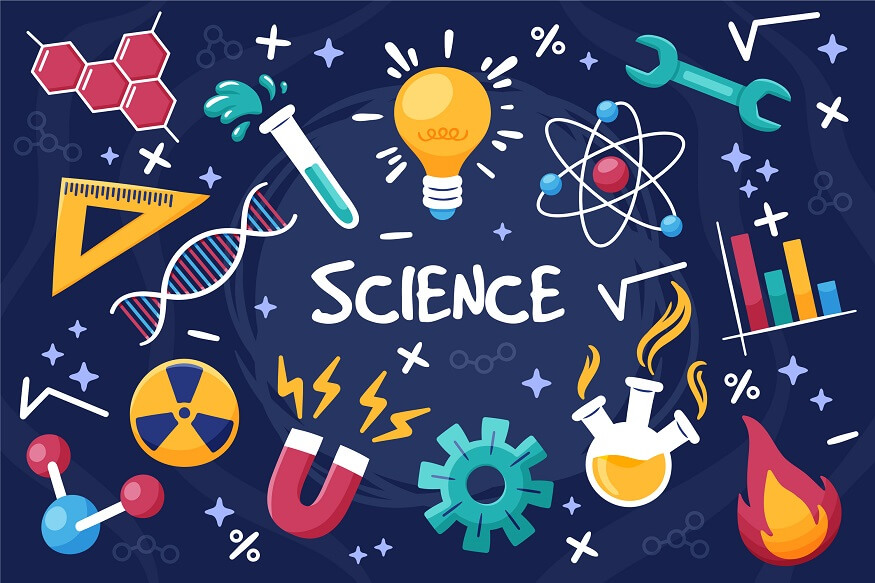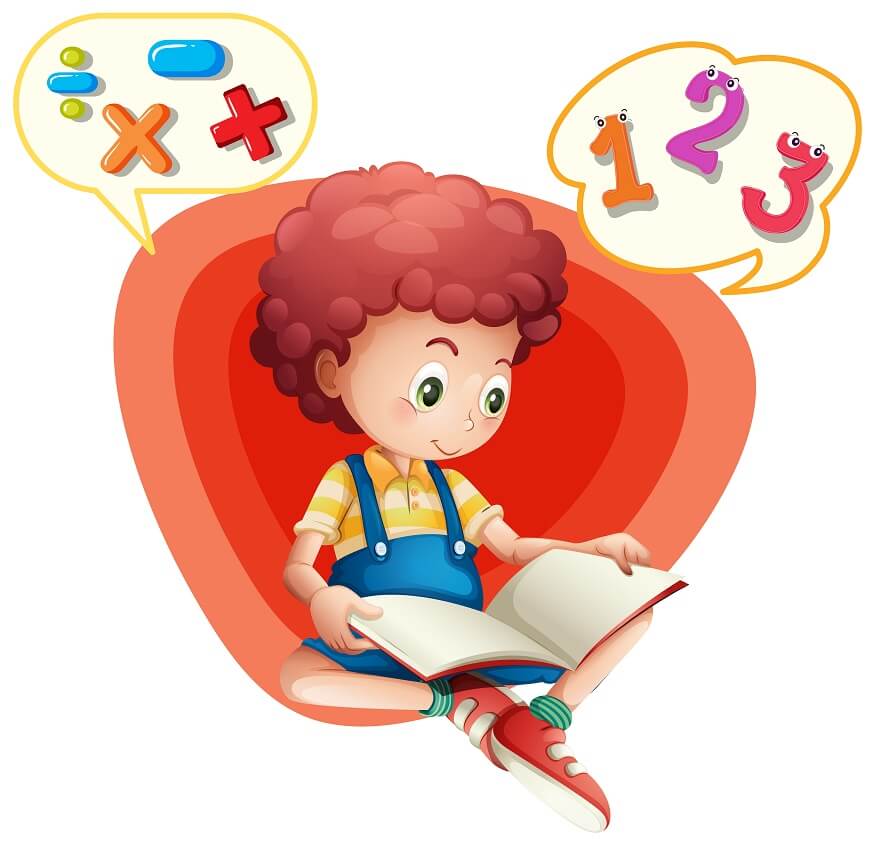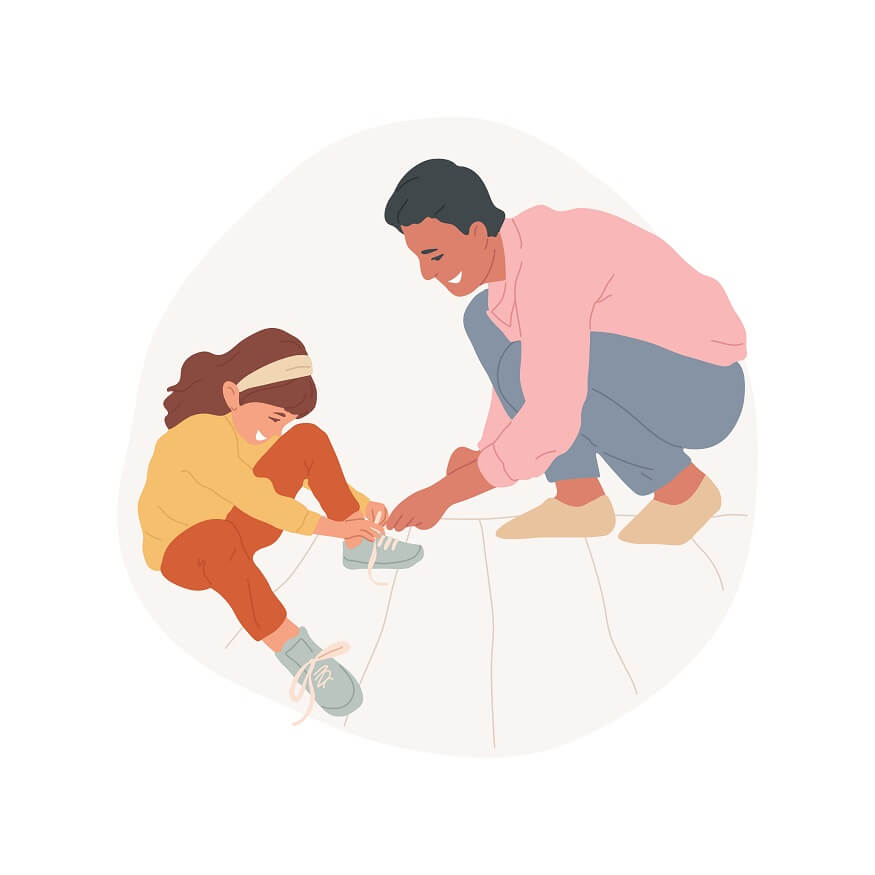Introducing science to your toddler sparks curiosity, develops critical thinking, and fosters a love for learning through hands-on exploration and age-appropriate activities. It may seem challenging, but it’s entirely possible and can be quite enjoyable. Here are some smart ways to introduce science to your toddler:
Make it Fun and Interactive: It’s important to remember that toddlers learn best through play. You can use colourful and engaging science toys, games or conduct simple experiments to capture their attention. There are many science-themed toys available, such as basic building block sets that can introduce them to concepts like gravity and balance.
Explore Nature Together: The great outdoors is an excellent place to begin. Go on nature walks to study plants, animals, and insects. Point out the different shapes, colours, and sizes of leaves or the way animals move. Discussing why it’s daytime or night can introduce concepts of Earth’s rotation and orbit.
Encourage Curiosity: Ask open-ended questions like, “Why do you think this happens?” or “What do you think will happen if we do this?” This encourages your toddler to think scientifically, making observations and predictions.
Sensory Experiences: Toddlers are explorers who learn through their senses. Create opportunities for them to touch, taste, see, hear, and smell different things. For example, a simple cooking session can be a good science experiment to understand how heat changes the properties of food.
Create Learning Opportunities: Use everyday activities as opportunities to learn. For instance, while bathing, talk about why things float or sink. During meal times, discuss the importance of a balanced diet and the role of different foods in the body.
Read Science-Based Books: There are many colourful picture books available that introduce scientific concepts in a fun and engaging way. Reading about dinosaurs, the weather, the human body, or plants can fuel a toddler’s curiosity about the natural world.
Simple Experiments: Simple and safe science experiments can be done at home using common household items. For example, mixing vinegar and baking soda to create a mini ‘volcano’, or growing a plant from a seed can show them how things change over time.
Stargazing: On clear nights, take your toddler outside to look at the stars. You can introduce basic concepts of astronomy, like the moon’s phases or the concept of planets.
The goal isn’t to have them understand complex scientific theories, but rather to get them interested in observing, exploring, and asking questions about the world around them. Keep lessons simple, hands-on, and fun. It’s important to answer their questions in a simple and understandable way, and if you don’t know the answer, it’s okay to say so. This could even be a great opportunity to explore the answer together.
Also Read: What is the Best Age to Start Kindergarten
When should you introduce science to your toddler
You can start introducing science to your toddler from a very early age. Even infants and young toddlers can benefit from simple scientific experiences. They are naturally curious about the world around them and eager to explore. Here’s a general guideline for introducing science to toddlers:
0-12 months: During this stage, focus on sensory experiences and exploring the immediate environment. Expose them to different textures, sounds, colours, and objects. Talk to them about the world around them and engage in simple cause-and-effect activities like dropping objects or shaking toys.
1-2 years: Toddlers at this age are starting to develop basic language and motor skills. Introduce them to basic scientific concepts through play and everyday experiences. Talk about the properties of objects (soft, hard, heavy, light), explore cause and effect (e.g., filling and emptying containers with water), and engage in activities that stimulate their senses and curiosity.
2-3 years: At this stage, toddlers are more mobile and have better language skills. You can start introducing more structured science activities. Engage them in simple experiments, like mixing colours with paint or water, observing changes in materials (e.g., melting ice or dissolving sugar), and exploring nature through simple nature walks.
3-4 years: Toddlers in this age range can understand more complex concepts and engage in more detailed scientific exploration. You can introduce concepts like the water cycle, plants, animals, and basic physics principles. Engage them in hands-on activities and experiments that allow them to observe and explore these concepts.
Remember, these age ranges are general guidelines, and each child develops at their own pace. The key is to tailor the activities to your toddler’s abilities and interests. Always prioritise their safety and make sure the activities are age-appropriate and supervised.
Also Read: Importance and Facts of Physics in Our Daily Lives
Why should you introduce science to your toddler
Introducing science to your toddler is beneficial for several reasons:
Fostering Curiosity: Science encourages curiosity and a sense of wonder about the world. By introducing scientific concepts at an early age, you can nurture your toddler’s natural curiosity and encourage them to explore, observe, and ask questions.
Developing Critical Thinking Skills: Science promotes critical thinking skills such as observation, analysis, prediction, and problem-solving. When toddlers engage in scientific activities, they learn to think logically and develop reasoning skills that can benefit them throughout their lives.
Building a Foundation for Learning: Early exposure to science can lay a strong foundation for future learning. It helps children develop a positive attitude towards learning, stimulates their cognitive development, and enhances their overall understanding of the world.
Promoting Language Development: Introducing science to toddlers involves discussions, asking questions, and explaining concepts. These interactions help enhance their language skills, vocabulary, and communication abilities.
Encouraging Hands-On Learning: Science activities often involve hands-on exploration, which is highly beneficial for toddlers. Through sensory experiences, experiments, and play, they can actively engage with the world around them, enhancing their motor skills and cognitive development.
Promoting Scientific Literacy: In today’s increasingly scientific and technological world, it is crucial to promote scientific literacy from an early age. Introducing science to toddlers helps them become familiar with scientific concepts, terminology, and the scientific method, setting them on a path towards becoming scientifically literate individuals.
Cultivating a Love for Learning: Early exposure to science can spark a lifelong love for learning. By making science fun, interactive, and enjoyable, you can instil a positive attitude towards learning and encourage your toddler to explore and discover new things.
Preparing for the Future: In a world driven by scientific advancements, introducing science early on can help prepare your toddler for future academic and career opportunities in science, technology, engineering, and mathematics (STEM) fields.
Also Read: Science Stream Career Options after 10th & List of Courses after 12th
EuroSchool starts teaching science for toddlers by using a hands-on, inquiry-based approach. We focus on getting toddlers to explore and experiment with the world around them. We use simple materials and activities that toddlers can understand and that will help them to develop their scientific thinking skills.









